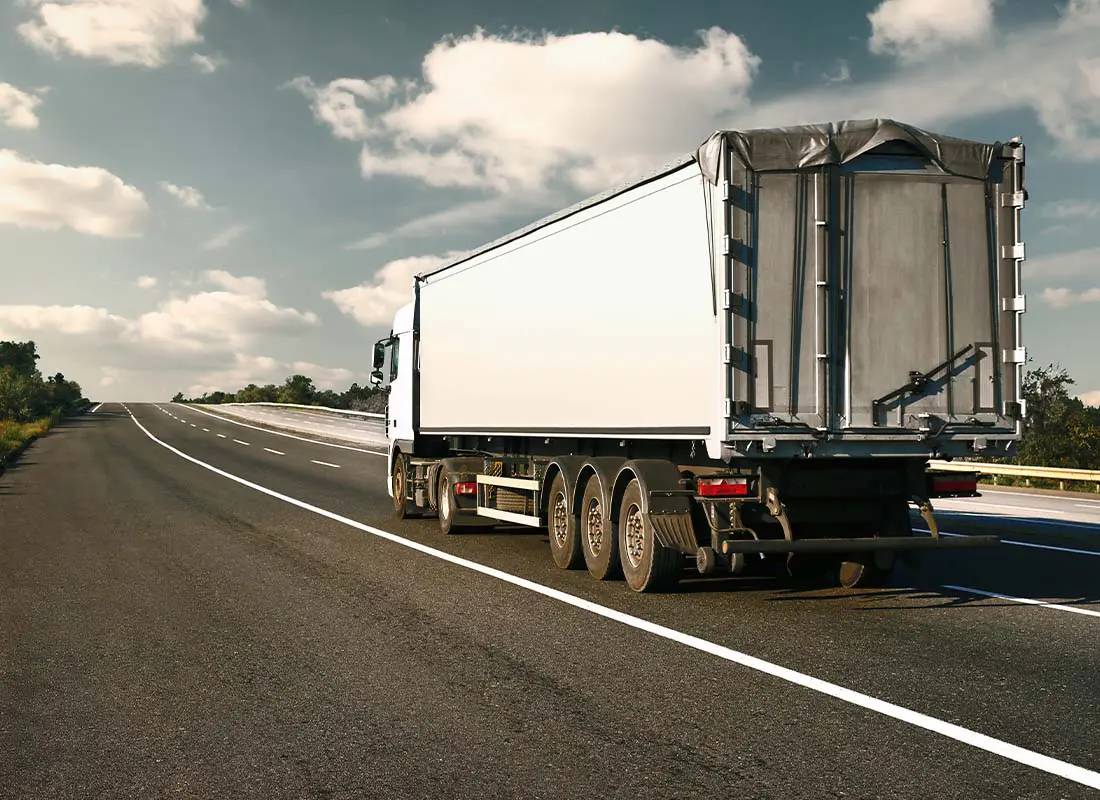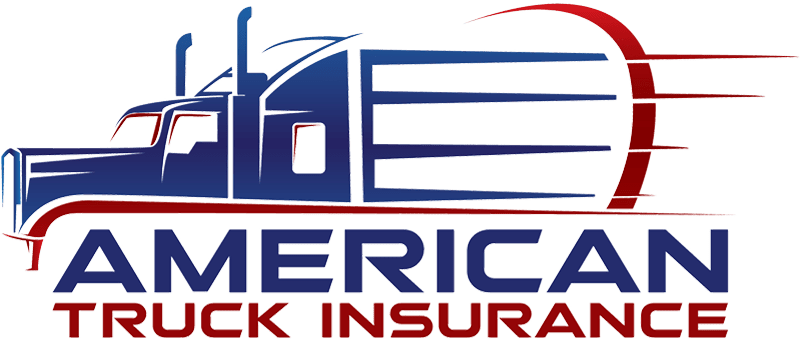Trucking insurance helps protect your business on the open road.

Broader coverage is essential for bigger risks.
Commercial trucking insurance goes beyond standard auto policies—it must account for a wider range of exposures. Trucks pose greater risks in collisions, with potentially higher costs for property damage and medical expenses. Additionally, coverage should include protection for cargo loss or damage, reflecting the unique demands of the trucking industry.
Insurance that’s unique to your trucking operations.
Commercial trucking insurance may seem simple on the surface, but tailoring a policy to your specific needs takes insight and precision. Insurers typically assess owner and driver qualifications, FMCSA safety scores, cargo types, annual mileage, and operating radius. They may also request historical data counts on drivers and power units. All of these elements work together to define coverage that truly reflects the scale and complexity of your operational risk.
- Interactive Graphic
Click hotspots.
Discover risks.
Get coverage.
What types of trucks can be covered?
Commercial trucks such as semi-trailer trucks, flatbed trucks, step deck trucks, box trucks (dry vans), refrigerated trucks, intermodal trucks, dump trucks, car hauler trucks, garbage trucks, and tank trucks should have specialized coverage.
What is covered by trucking insurance?
While coverage will depend on your specific operations, most commercial trucking policies include core protections such as auto liability, general liability, cargo coverage, and physical damage. Based on your business model, you may also benefit from additional options like trailer interchange, non-owned trailer coverage, hired and non-owned auto liability, reefer breakdown protection, and the Uniform Intermodal Interchange and Facilities Access Agreement (UIIA) endorsement.
Does your coverage meet and exceed the standards?
Your business’s insurance needs can be influenced by several factors, from operational history to specific risk exposures. You may qualify for premium discounts by maintaining prior auto liability coverage, operating claim-free, or achieving excellent SAFER Scores. It’s also vital to identify any required government filings—such as federal FMCSA forms BMC-91X and MCS-90, and Form E for state compliance—to ensure your coverage aligns with regulatory standards.
Are you interested in trucking insurance? Contact us to go over the needs of your trucking business and the coverage options available to you.
Contact American Truck Insurance
3230 Fall Creek Hwy, Ste 207
Granbury, TX 76049
Let’s Get Started
Step 1
Step 2
Step 3
Trucking Insurance Quote Request
Don’t like forms? Contact us at 817-225-6081 or info@ati-insurance.com.

